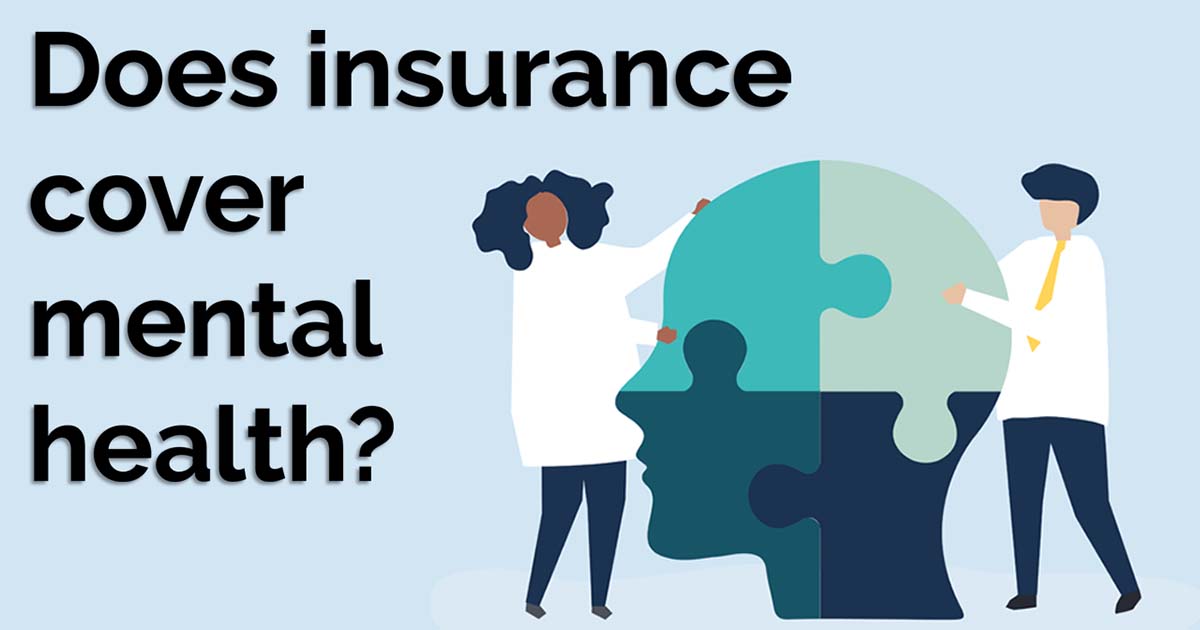Mental health is an integral part of overall well-being, yet it remains one of the most overlooked aspects of healthcare. With rising awareness about mental health conditions such as depression, anxiety, and bipolar disorder, the need for accessible and affordable mental health care has become paramount. Health insurance plays a critical role in bridging the gap between individuals and the mental health services they need. This article explores the impact of health insurance on mental health care access and its benefits.
The Importance of Mental Health Care
Mental health issues affect millions of people worldwide, influencing their emotional, psychological, and social well-being. Untreated mental health conditions can lead to:
- Reduced quality of life
- Impaired relationships
- Decreased productivity
- Increased risk of physical health issues
Timely and adequate mental health care can help individuals manage their conditions, improve their overall health, and lead fulfilling lives.
How Health Insurance Enhances Mental Health Care Access
- Coverage for Therapy and Counseling: Many health insurance plans include coverage for therapy sessions and counseling, making these essential services more affordable for policyholders.
- Access to Medication: Prescription medications for mental health conditions can be expensive. Health insurance plans often provide partial or full coverage for these drugs, ensuring affordability.
- Reduced Financial Barriers: Without insurance, the high cost of mental health care can deter individuals from seeking help. Insurance reduces out-of-pocket expenses, encouraging more people to access necessary services.
- Network of Mental Health Professionals: Insurance providers typically maintain a network of qualified psychiatrists, psychologists, and therapists. Policyholders can choose from a range of professionals within their network.
- Preventive Services: Many insurance plans cover preventive mental health services, such as stress management workshops and wellness programs, helping individuals address issues before they escalate.
Challenges in Mental Health Insurance Coverage
While health insurance has significantly improved access to mental health care, challenges persist:
- Limited Coverage for Specific Services: Not all insurance plans cover holistic treatments such as art therapy, yoga, or alternative therapies that some individuals may find beneficial.
- Stigma Around Mental Health: Cultural and societal stigma may discourage individuals from utilizing mental health services, even when covered by insurance.
- Provider Shortages: In some areas, there is a lack of mental health professionals within insurance networks, leading to delays in treatment.
- High Deductibles and Co-Payments: Despite having insurance, some individuals may struggle to afford high deductibles or co-payments for mental health services.
How to Maximize Mental Health Insurance Benefits
- Understand Your Policy: Familiarize yourself with the mental health benefits included in your insurance plan. Look for details about covered services, in-network providers, and co-payment requirements.
- Utilize Preventive Services: Take advantage of preventive programs and counseling sessions offered by your insurer to maintain good mental health.
- Advocate for Parity: In many countries, laws mandate equal coverage for mental and physical health services. Ensure your insurer complies with these parity laws.
- Explore Employee Assistance Programs (EAPs): If you’re employed, check if your workplace offers EAPs, which may provide additional mental health support at little or no cost.
The Benefits of Mental Health Coverage
- Improved Health Outcomes: Comprehensive mental health coverage ensures timely diagnosis and treatment, leading to better health outcomes.
- Reduced Economic Burden: By covering expensive treatments and medications, health insurance alleviates the financial strain on individuals and families.
- Encouragement to Seek Help: With reduced financial barriers, more individuals are likely to seek help for their mental health concerns, reducing the long-term impact of untreated conditions.
Conclusion
Health insurance is a cornerstone in enhancing access to mental health care. By reducing financial barriers and providing access to a network of qualified professionals, it empowers individuals to prioritize their mental well-being. However, continuous efforts are needed to address existing challenges and ensure that mental health care is accessible, equitable, and stigma-free for all. Investing in mental health insurance benefits not just individuals but society as a whole, fostering healthier communities and a stronger workforce.
